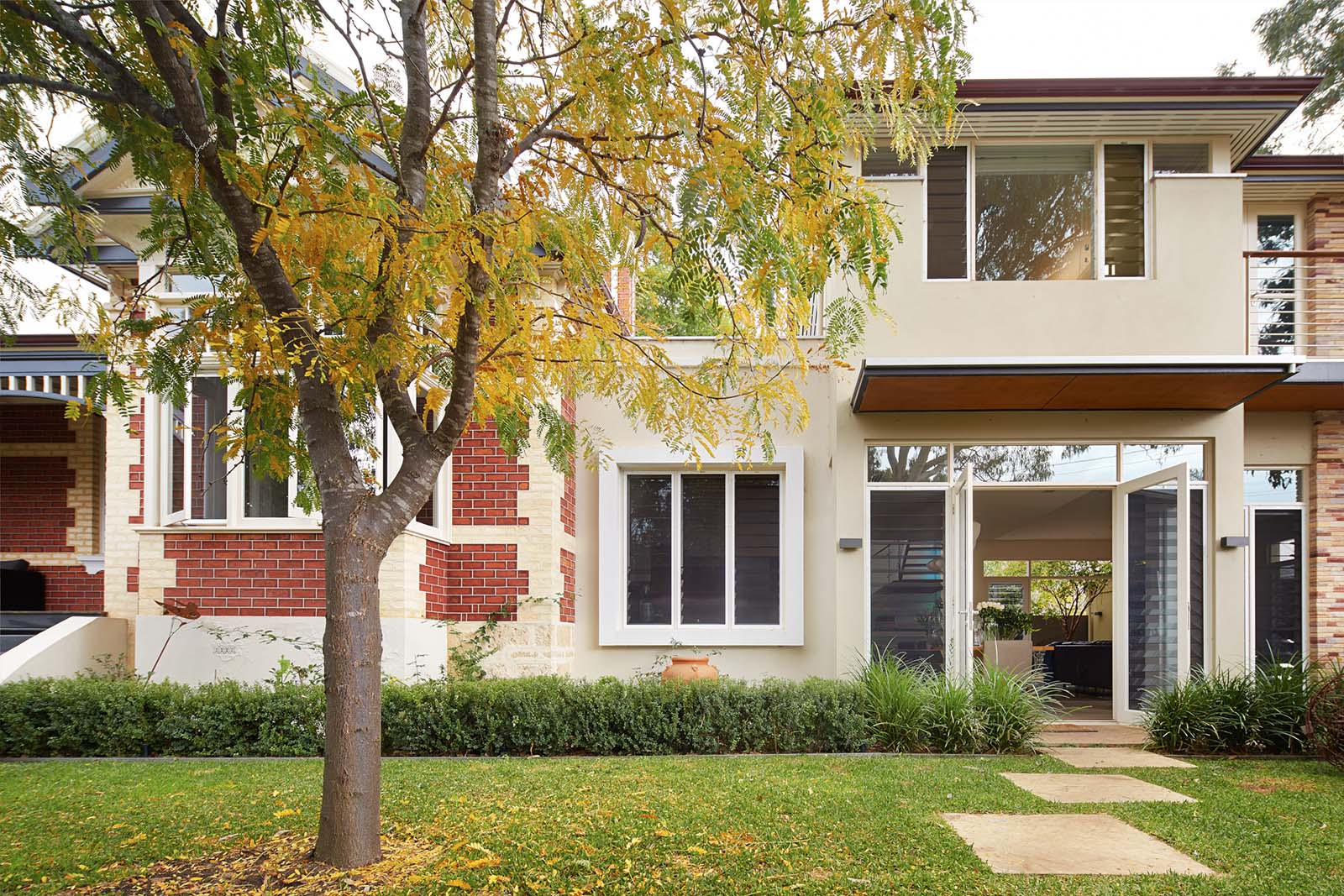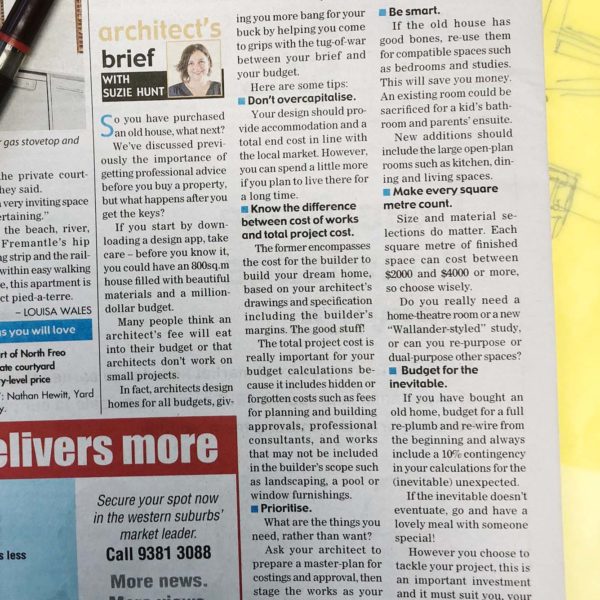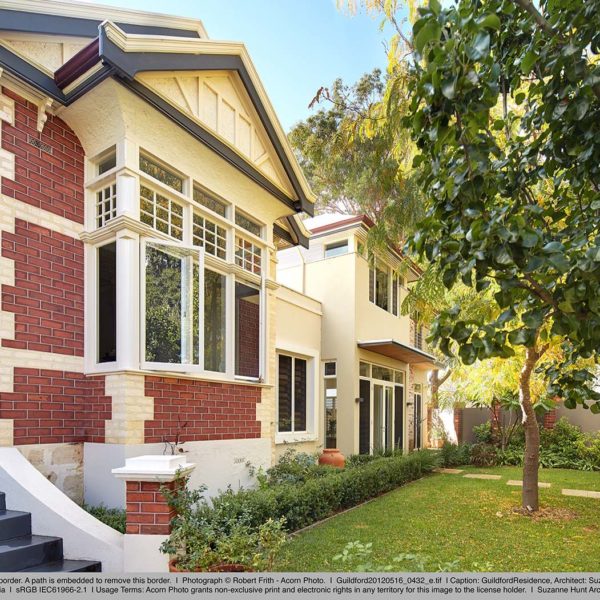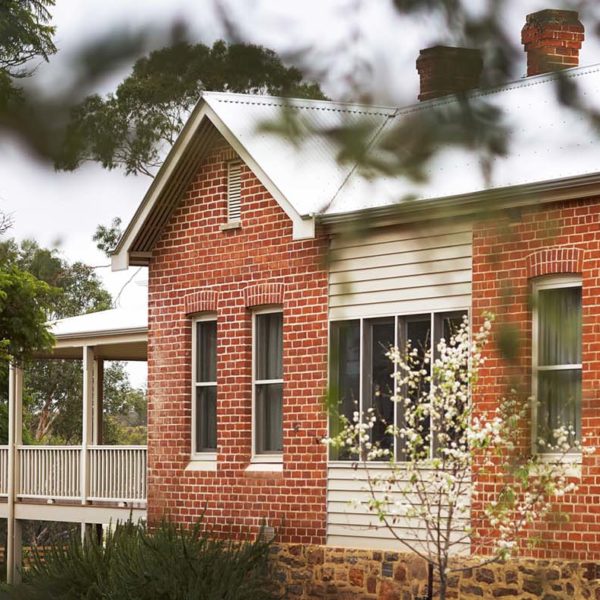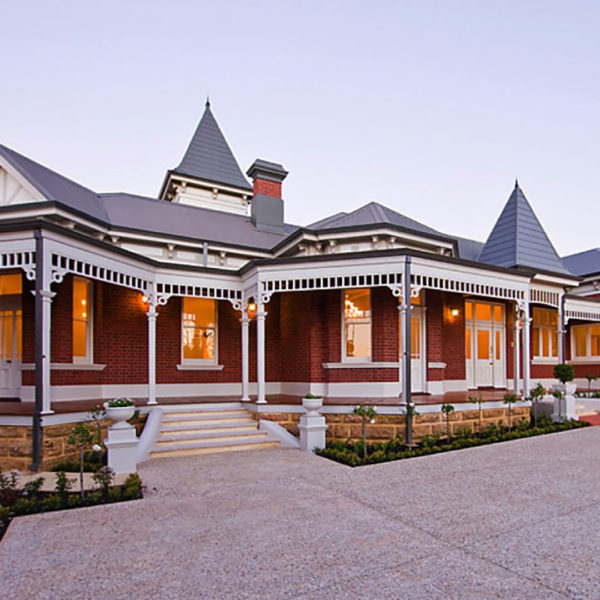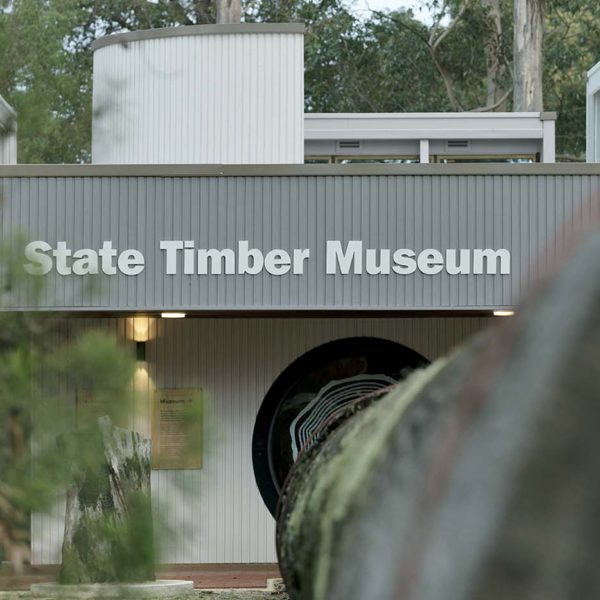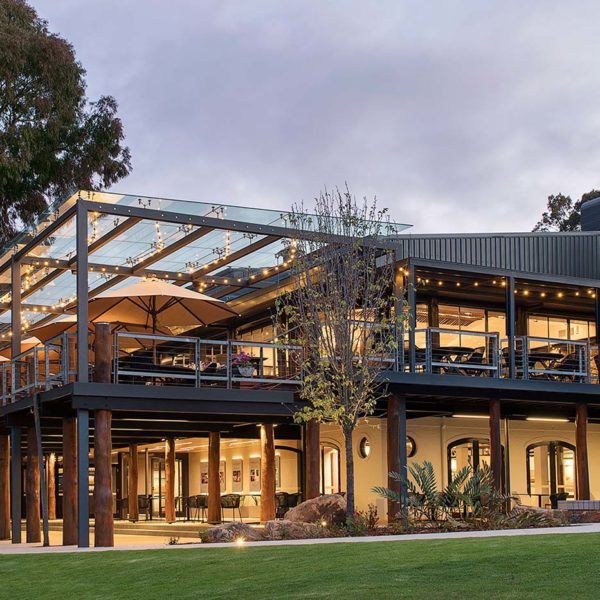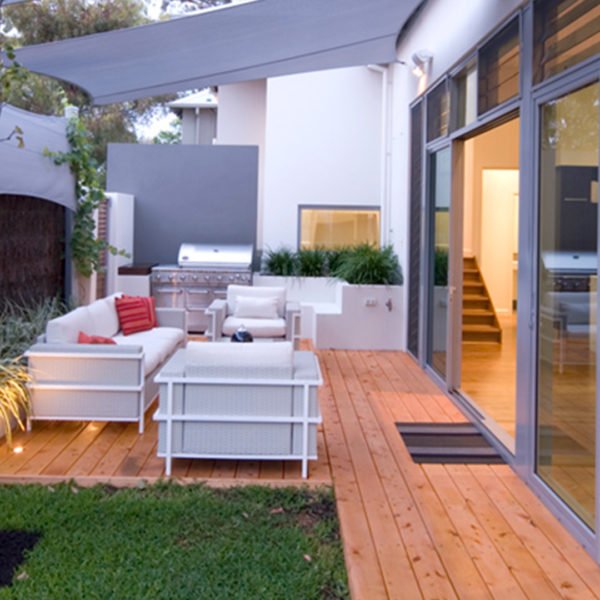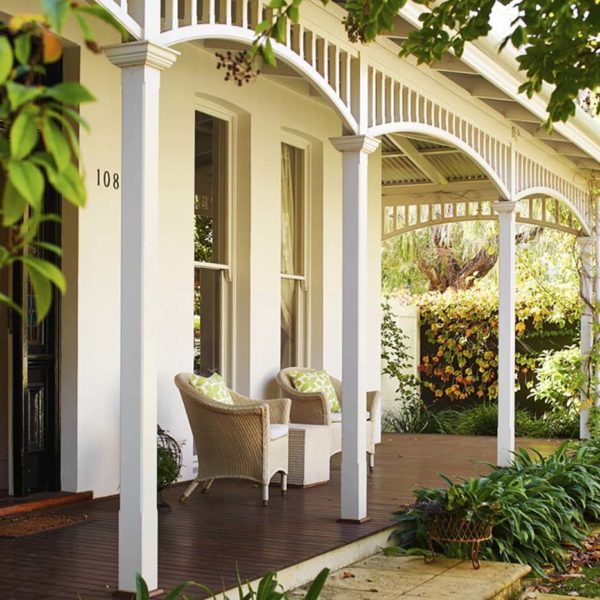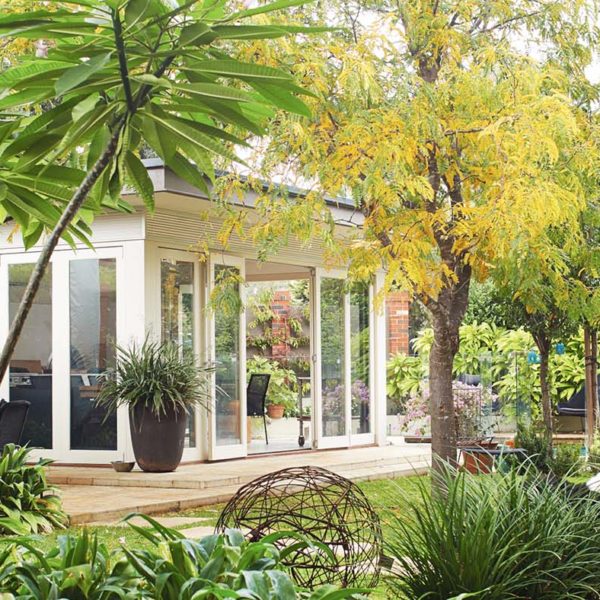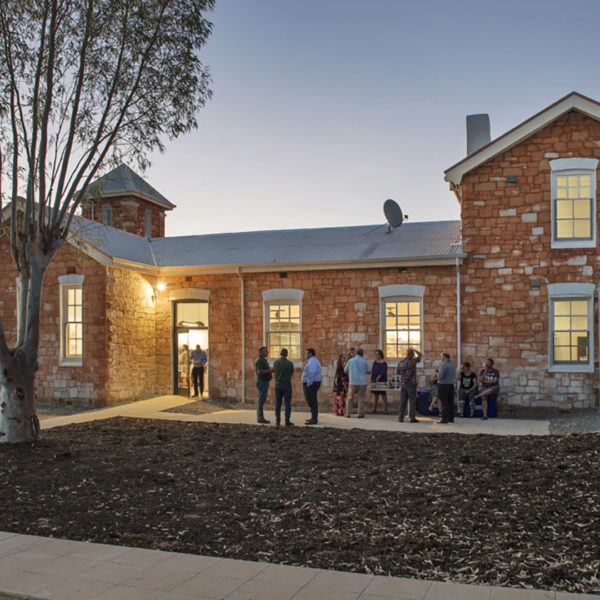So you have purchased an old house, what next?
We’ve discussed previously the importance of getting professional advice before you buy a property, but what happens after you get the keys? If you start by downloading a design app, take care – before you know it, you could have an 800sq.m house filled with beautiful materials and a million-dollar budget.
Many people think an architect’s fee will eat into their budget or that
architects don’t work on small projects. In fact, architects design homes for all budgets, giving you more bang for your buck by helping you come to grips with the tug-of-war between your brief and your budget.
Here are some tips:
Don’t overcapitalise.
– Your design should provide accommodation and a total end cost in line with the local market. However, you can spend a little more if you plan to live there for a long time.
Know the difference between cost of works and total project cost.
– The former encompasses the cost for the builder to build your dream home, based on your architect’s drawings and specification including the builder’s margins. The good stuff!
– The total project cost is really important for your budget calculations because it includes hidden or forgotten costs such as fees for planning and building approvals, professional consultants, and works that may not be included in the builder’s scope such as landscaping, a pool or window furnishings.
Prioritise.
– What are the things you need, rather than want?
– Ask your architect to prepare a master-plan for costings and approval, then stage the works as your budget allows.
– For example, renovate the old house first, and complete an addition later.
Spend more on kitchens, doors and windows and save money on carpets,
curtains and blinds.
– These items can be easily upgraded later.
Be smart.
– If the old house has good bones, re-use them for compatible spaces such
as bedrooms and studies. This will save you money. An existing room could be sacrificed for a kid’s bathroom and parents’ ensuite.
– New additions should include the large open-plan rooms such as kitchen, dining and living spaces.
Make every square metre count
– Size and material selections do matter. Each square metre of finished space can cost between $2000 and $4000 or more, so choose wisely.
– Do you really need a home-theatre room or a new “Wallander-styled” study, or can you re-purpose or dual-purpose other spaces?
Budget for the inevitable.
– If you have bought an old home, budget for a full re-plumb and re-wire from the beginning and always include a 10% contingency in your calculations for the (inevitable) unexpected.
– If the inevitable doesn’t eventuate, go and have a lovely meal with someone special!
– However you choose to tackle your project, this is an important investment and it must suit you, your family and your lifestyle.
– Have fun, be kind to yourself because we all make mistakes, and #useanarchitect on social media.
Seen in The Post | 2 June, 2018
First published in The Subiaco Post 020618 | Architects Brief with Suzie Hunt
